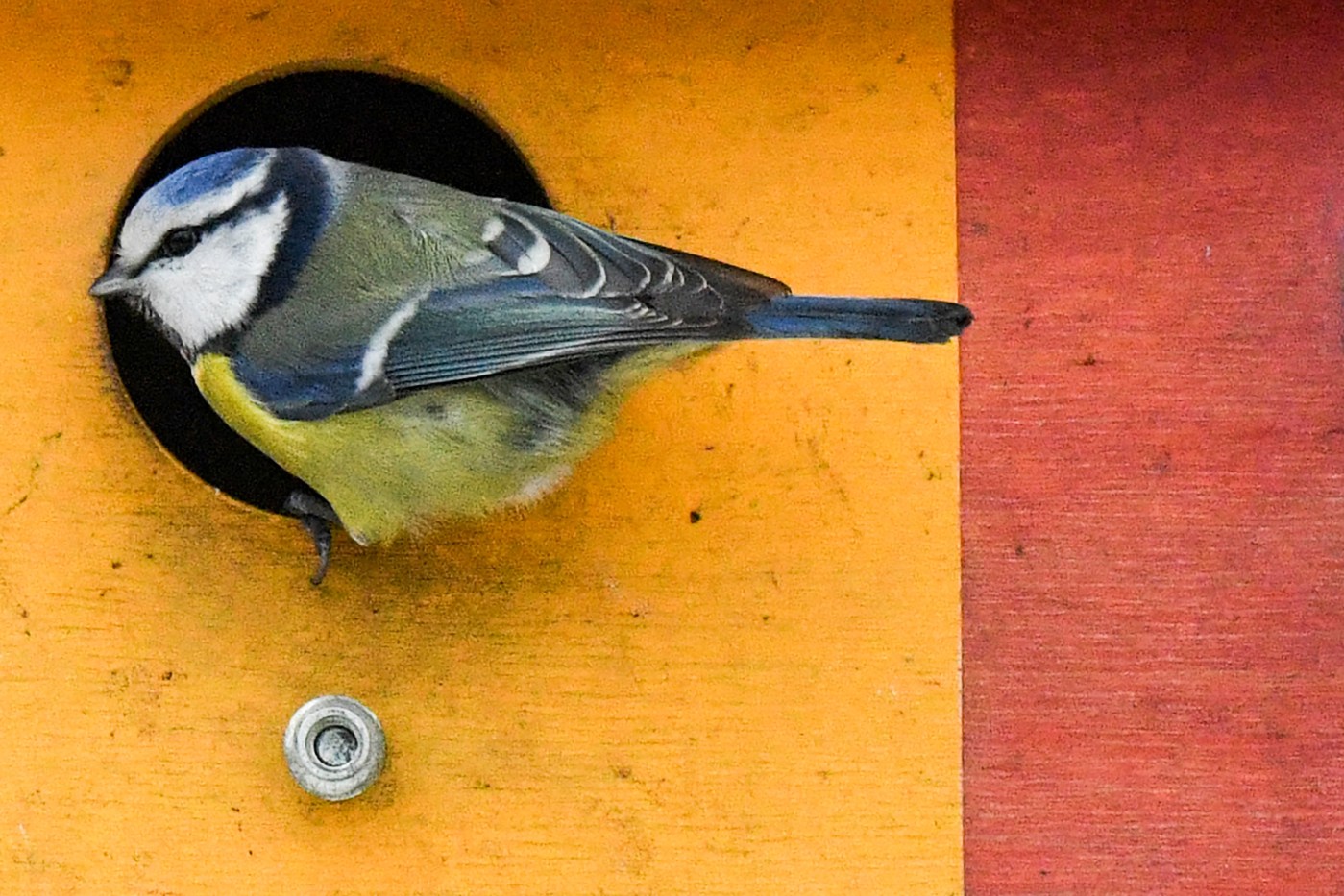
DEAR JOAN: Many of our friends and neighbors have bird feeders or scatter seeds for them. My question is why is it considered a good thing to feed the wild birds, put up birdhouses and owl boxes when we are told not to feed the wildlife that is all around us? I thought making any of our wildlife dependent on humans was a bad thing.
— Nan S., Mill Valley
DEAR NAN: Feeding wildlife can be detrimental to animals, leading them to lose their natural fear of humans, which can result in negative interactions between humans and animals. Attracting bears to a campsite, however, is a lot different from enticing finches to your back fence.
Related Articles
Where are wolves roaming in California? New online map lets you see
Meet the sea hare, one of California’s most ‘puzzling’ creatures
Bay Area plastic surgeon’s novel treatment for bee stings published in medical journal
Enough! San Jose woman wants bird to stop tapping at her door
Why does my dog poop like a cat?
We tend to be more accepting of welcoming birds into our yards, and we have a long national history — more than 100 years — of the hobby.
Some argue that by providing supplemental food and shelter for the birds, we’re making up for the loss of habitat caused by the construction of neighborhoods and urban areas. Others say we aren’t actively attracting birds into our yards as they already are there, and that the plants we grow for our pleasure provide a natural food source and shelter for the birds.
While an accepted hobby, there are risks to the birds. Some studies suggest that feeders have led some bird species to extend their territories and delay migration, but there are a lot of working parts to the explanation including climate change and urban development.
With 59 million Americans participating in the practice, nothing is likely to change with the hobby. It provides pleasure to see birds in your yard, perhaps some you’ve never seen before. And the twittering of birds is a soothing sound to most people. The feeders allow us to experience and learn about wildlife, which is a good thing.
If people are going to feed birds, they need to feed responsibly. Bird feeders, if not kept clean, can spread diseases among birds. Know the risks when you place feeders to avoid birds flying into windows and buildings, or making them more vulnerable to predation by cats and other predators.
DEAR JOAN: Regarding your column about the dog scratching around his poo, and your comment that it would be “scary” if cats were able to teach dogs, it reminded me of our cat Panda, who taught my friend’s dog, Tulla, a new trick.
Panda was an indoor/outdoor cat, and he would jingle the strings of bells we had hanging from the front and back doors whenever he wanted to go out. My friend was visiting with her dog, and after observing Panda a couple of times, Tulla walked over and jingled the bells because she needed to go out. From then on, every time she visited, she would ring the bells when she needed to go outside.
— Susan Spencer, Felton
DEAR SUSAN: I love this story, and now I’m thinking of getting my dog a cat tutor. Who knows what he might learn. I’d love to hear other stories of pets teaching other pets. Readers, please share.
The Animal Life column runs on Mondays. Contact Joan Morris at [email protected].